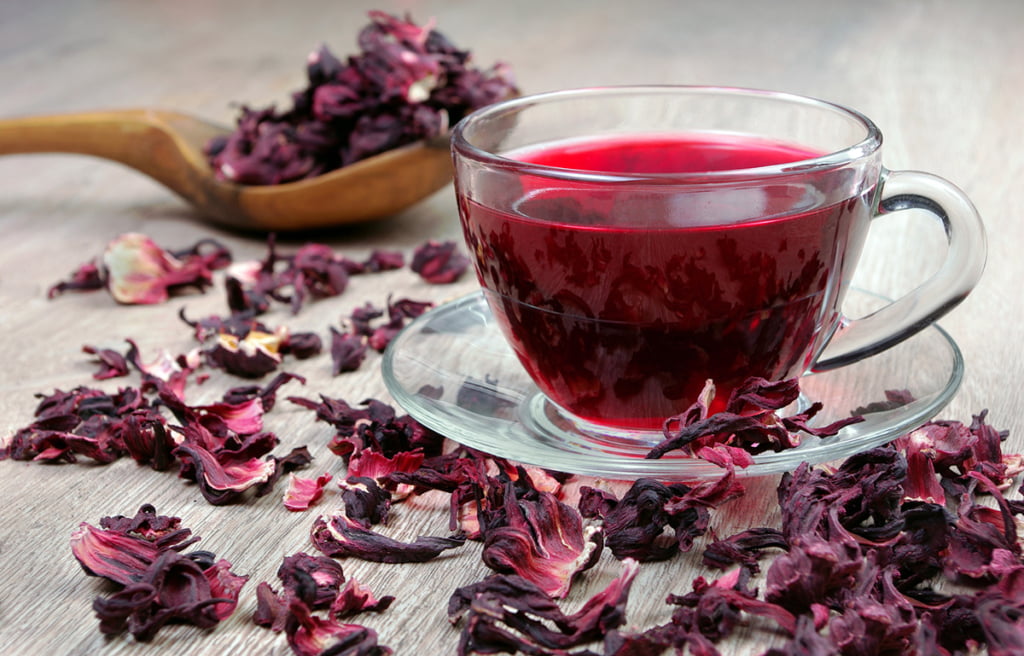Nigeria, a country blessed with diverse agricultural resources, has seen substantial economic contributions from various agricultural sectors. Among these, the hibiscus industry has emerged as a significant player. Known for its vibrant flowers and numerous uses, hibiscus (locally known as zobo) has not only provided a livelihood for many Nigerians but also positioned the country as a key player in the global hibiscus market.
Historical Background
The cultivation of hibiscus in Nigeria dates back several decades, primarily in the northern regions of the country. States like Kano, Katsina, and Jigawa have been at the forefront of hibiscus farming. Traditionally, hibiscus flowers were used locally to make beverages, dyes, and medicinal products. However, with the increasing global demand for natural and organic products, Nigerian hibiscus has found a growing market abroad, especially in the United States, Europe, and Asia.
Economic Contributions
- Employment and Income Generation The hibiscus industry in Nigeria is a significant source of employment, particularly in rural areas. From cultivation and harvesting to processing and export, the industry provides jobs for thousands of Nigerians. Smallholder farmers, who make up the bulk of hibiscus cultivators, benefit from the income generated from selling hibiscus flowers. This income supports their households and contributes to rural economic stability.
- Foreign Exchange Earnings Nigeria is one of the world’s leading exporters of hibiscus flowers. The export of hibiscus has become a vital source of foreign exchange earnings for the country. In recent years, the demand for Nigerian hibiscus has surged due to its high quality, contributing significantly to the national economy. For instance, in 2017, Nigeria exported over 1,983 tons of hibiscus to Mexico, earning millions of dollars in foreign exchange.
- Value Addition and Industrial Growth Beyond export, the hibiscus industry has spurred the growth of local industries involved in processing and value addition. Companies are now producing hibiscus-based products such as beverages, teas, extracts, and dietary supplements. This industrial growth has led to the creation of more jobs and has diversified the economic activities in regions where hibiscus is cultivated.
- Agricultural Development The success of the hibiscus industry has encouraged agricultural development in Nigeria. Farmers are adopting better farming practices and technologies to increase yield and improve the quality of hibiscus flowers. Additionally, the government and various non-governmental organizations have been providing support in the form of training, subsidies, and infrastructure development, further boosting the sector.

Challenges and Opportunities
Despite its significant contributions, the hibiscus industry in Nigeria faces several challenges. These include inadequate infrastructure, inconsistent quality standards, and limited access to finance for smallholder farmers. Pests and diseases also pose a threat to hibiscus cultivation, affecting yields and quality.
However, these challenges present opportunities for growth and improvement. There is potential for investment in modern farming techniques, quality control measures, and infrastructure development. Enhancing access to finance for farmers can also increase production capacity and quality. Furthermore, exploring new markets and expanding value-added products can boost the industry’s economic impact.
Conclusion
The hibiscus industry in Nigeria is a testament to the country’s agricultural potential. Its contributions to employment, foreign exchange earnings, industrial growth, and agricultural development highlight its economic significance. By addressing the challenges and leveraging the opportunities, Nigeria can further enhance the impact of its hibiscus industry, benefiting not only the economy but also the livelihoods of countless Nigerians.
Ajigofarms is a reliable global agricultural purchase sourcing with profound expertise in the manufacturing, and exportation of food crops. We are tested, and trusted suppliers of all kinds of cash crops and food crops. Our constant supply chain solution makes exporting easy, quick, and safe, we are identified with timeliness and meeting up with deadlines. Regardless of the region you are located in worldwide, you can reliably order your Agric products and be rest assured of successful delivery.




